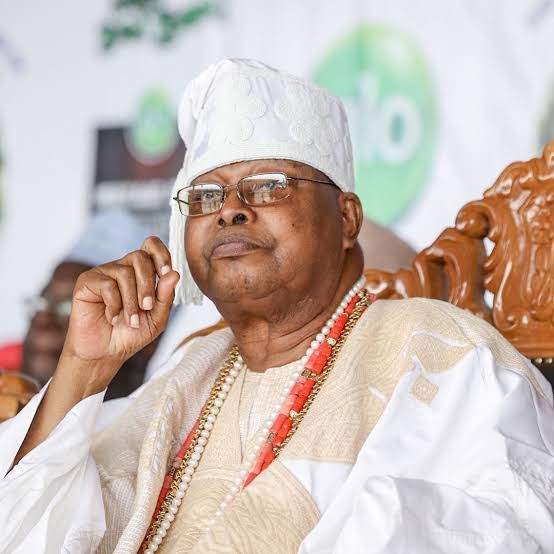Nigeria is home to some of the world’s oldest traditional institutions, many of which have produced monarchs whose reigns have spanned decades.
Despite the evolving political and social landscape, these royal fathers continue to serve as custodians of culture, tradition and unity in their respective domains.
1. Oba Sikiru Kayode Adetona (Awujale of Ijebuland)
Oba Sikiru Kayode Adetona ascended the throne on April 2, 1960, and has reigned for 65 years.
He is regarded as one of the most outspoken traditional rulers in the country.
The Awujale is celebrated for his commitment to the welfare of his people and his efforts to preserve the Ijebu heritage.
His reign has witnessed Nigeria’s transition from colonial rule to independence, military regimes, and the return to democratic governance.
2. Oba Lamidi Olayiwola Adeyemi III ( Late Alaafin of Oyo)
Oba Lamidi Adeyemi III became the Alaafin of Oyo on January 14, 1971, and ruled for 51 years until his passing in April 2022.
He is known for his deep knowledge of Yoruba history and culture.
The late Alaafin was a respected voice in national discourse and played a significant role in promoting Yoruba unity and tradition.
3. Oba Samuel Omotunde Aladejare (Deji of Akure)
Oba Aladejare ascended the throne in 1957 and reigned for over 50 years before retiring in 1999. His tenure is remembered for the relative peace and steady growth experienced in Akure. The Deji was known for his steadfastness in upholding tradition and fostering community development.
4. Late Oba Oladunni Oyewumi (Soun of Ogbomoso)
Oba Oladunni Oyewumi ascended the throne in 1973 and reigned for approximately 48 years before his death in December 2021. Under his leadership, Ogbomoso experienced notable development and growth.
The late Soun was respected for his firm but quiet leadership style, which earned him admiration across the state and beyond.
Why they reign long
Unlike in political office, Yoruba monarchs are considered spiritual fathers and custodians of ancestral heritage. Their thrones are not just positions of authority but sacred seats of continuity and cultural preservation. Once installed, they are expected to serve for life, embodying the collective spirit and history of their people. Their extended reigns are seen as a blessing and a sign of stability within their kingdoms.

